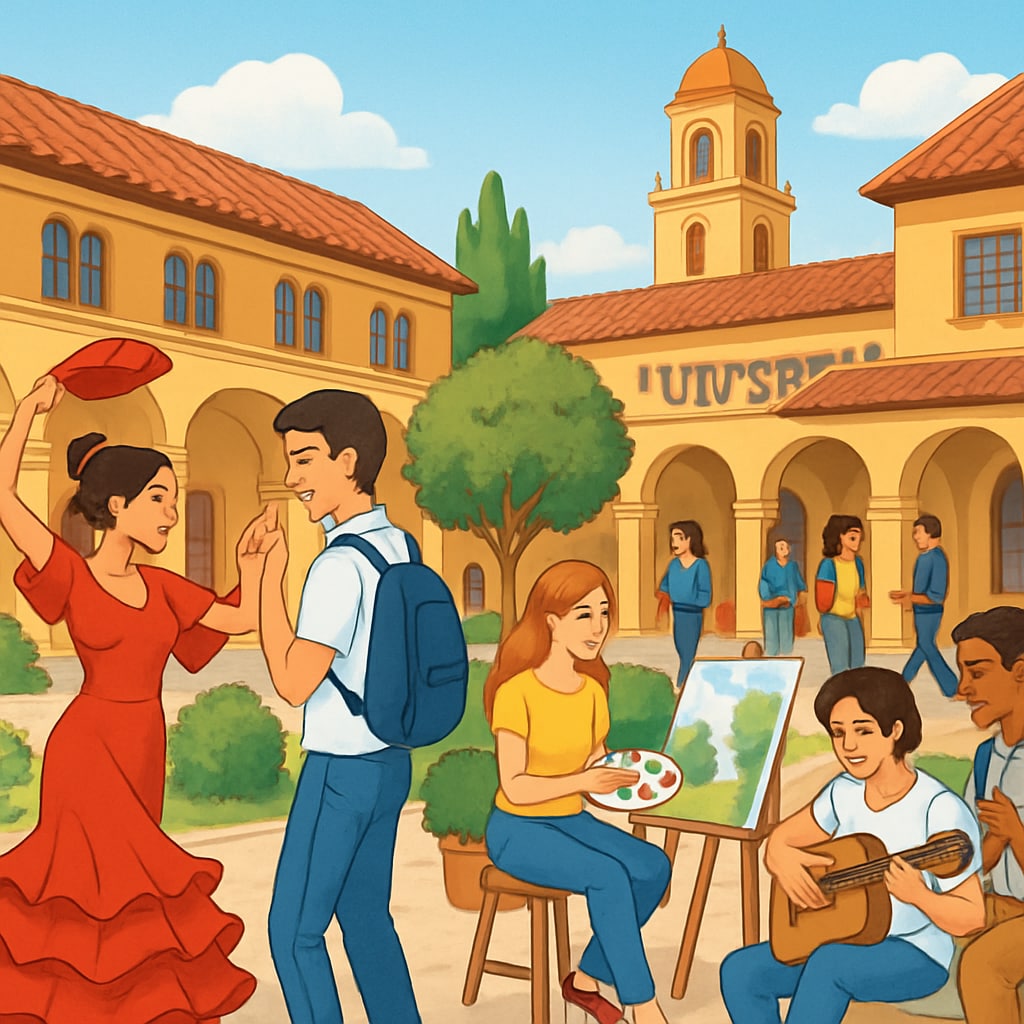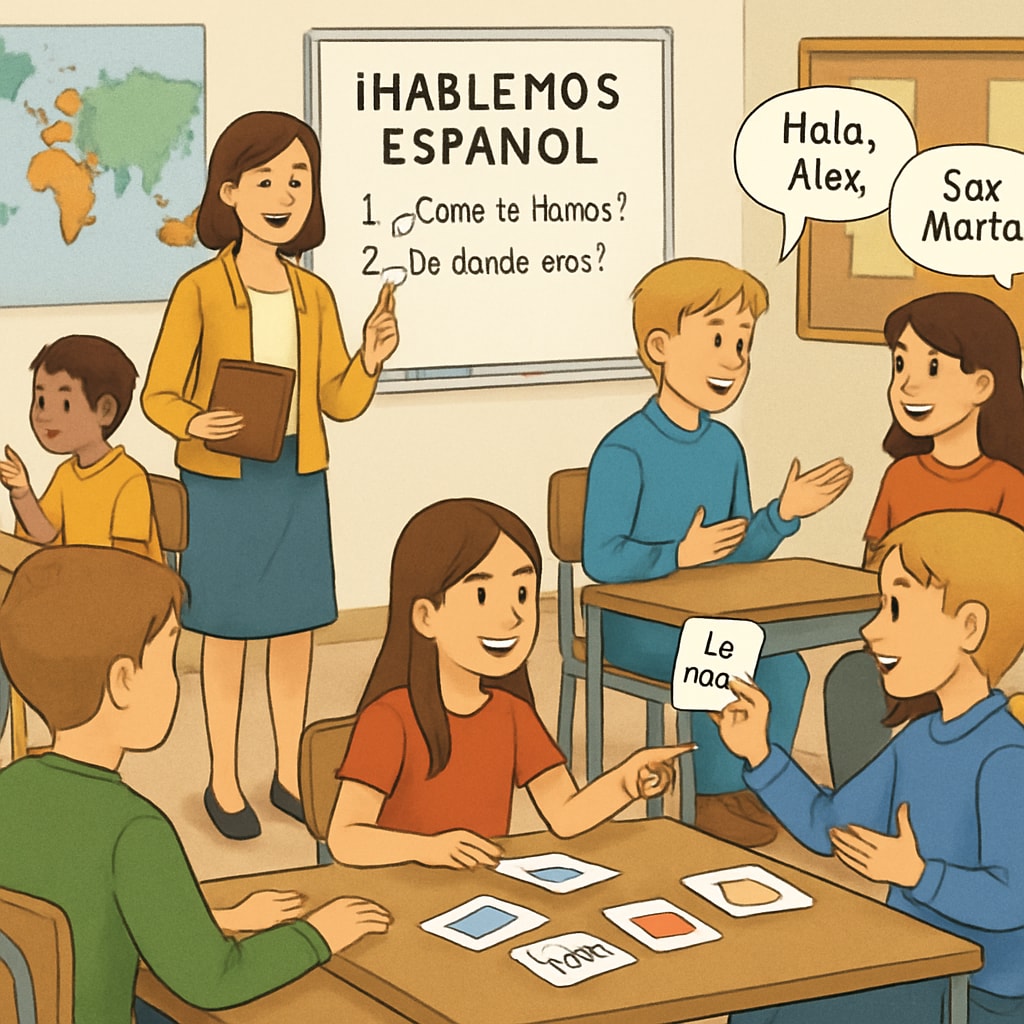Pursuing a master’s degree in Spain offers a unique opportunity for students to experience cross-cultural education while advancing their academic careers. This journey requires careful planning, particularly in terms of cultural adaptation, language preparation, and ensuring a seamless educational transition. As Spain becomes an increasingly popular destination for international students, understanding its academic framework and cultural nuances is essential for success.
Adapting to Spanish Culture: Preparing for Cross-Cultural Integration
One of the first challenges students encounter when studying abroad is cultural adaptation. Spain is renowned for its rich heritage, vibrant traditions, and a lifestyle centered around social connections. However, differences in communication styles, societal norms, and daily routines may initially feel overwhelming. To ease this transition, students should immerse themselves in Spanish culture before departure. Activities such as attending local events, sampling Spanish cuisine, and researching cultural etiquette can foster a deeper understanding of the country’s way of life.
Additionally, joining university-organized orientation programs or participating in student groups can provide meaningful connections and support networks. These initiatives often include workshops on cultural adaptation and opportunities to meet peers from diverse backgrounds.

The Role of Language Preparation in Academic Success
While many master’s programs in Spain are offered in English, proficiency in Spanish remains a vital asset for day-to-day interactions and accessing broader opportunities. Learning the language can significantly enhance communication with classmates, professors, and locals, creating a more immersive experience. Students should consider enrolling in Spanish language courses or using language apps to build their proficiency before arriving.
For those pursuing programs in Spanish, advanced language skills are non-negotiable. Universities often require proof of language competency, such as DELE (Diploma de Español como Lengua Extranjera) certification. Dedicated preparation can ensure students meet these requirements while gaining confidence in their abilities.

Educational Alignment: Bridging the Gap Between Systems
Transitioning into Spain’s higher education system may require adjustments, especially if students are coming from significantly different academic frameworks. Spain follows the Bologna Process, which standardizes higher education across Europe. This system emphasizes research, practical applications, and collaboration, which may differ from other countries’ approaches.
To bridge this gap, students should familiarize themselves with the curriculum structure, assessment methods, and academic expectations of their chosen program. Universities often provide comprehensive resources, such as course outlines and syllabi, to help students prepare. Additionally, leveraging international offices or academic advisors can be invaluable for navigating the transition.
For example, if a student has completed their undergraduate education in a system that does not align with the Bologna Process, they might need to take prerequisite courses or provide detailed documentation to validate their qualifications.
Conclusion: Opportunities Await in Spain
Studying in Spain offers students not only academic advancement but also a transformative cultural experience. By focusing on cultural adaptation, language preparation, and educational alignment, students and their families can ensure a smooth transition into Spanish universities. With careful planning and an open mind, the journey of pursuing a master’s degree in Spain can unlock a wealth of personal and professional opportunities.
As a result, prospective students are encouraged to explore Spain’s diverse academic institutions, embrace its vibrant culture, and invest in language skills to maximize their educational experience. This cross-cultural journey is not just about earning a degree; it is about broadening horizons and building connections that last a lifetime.
Readability guidance: Use short, concise paragraphs paired with lists to summarize key points. Include transition words for smooth flow and ensure active voice dominates to enhance engagement.


